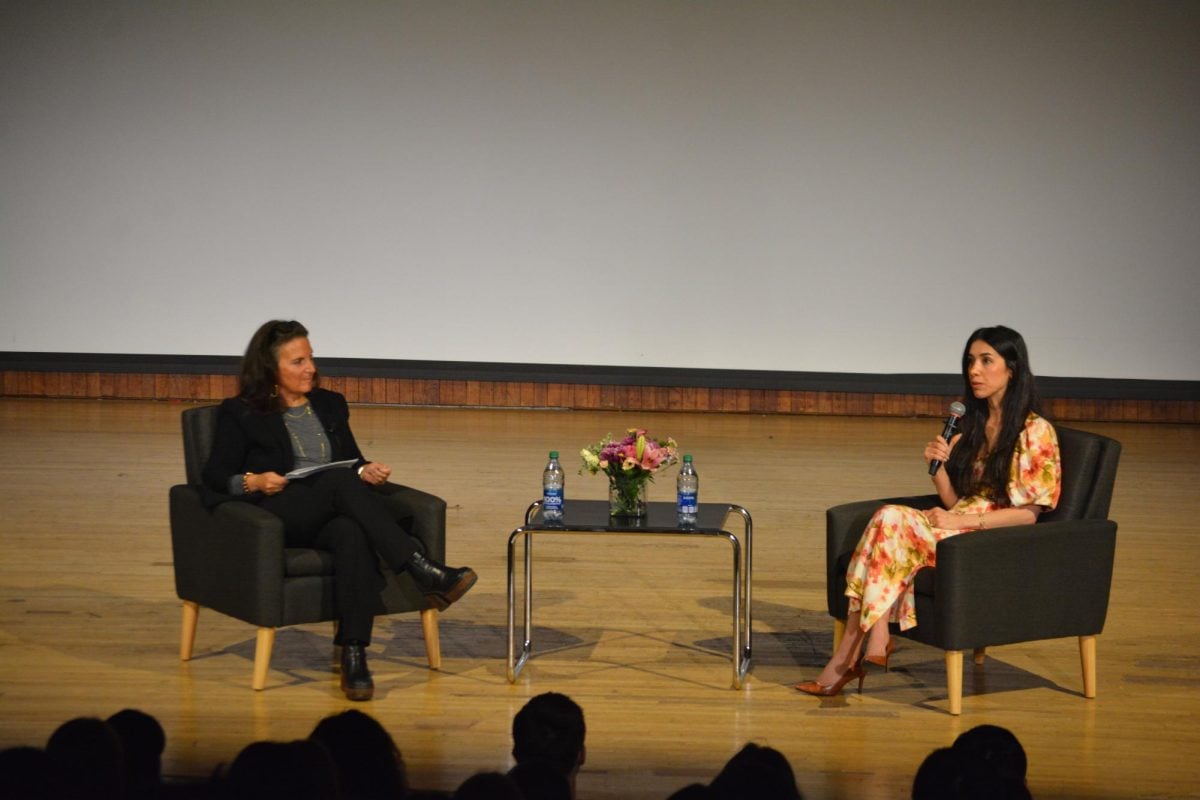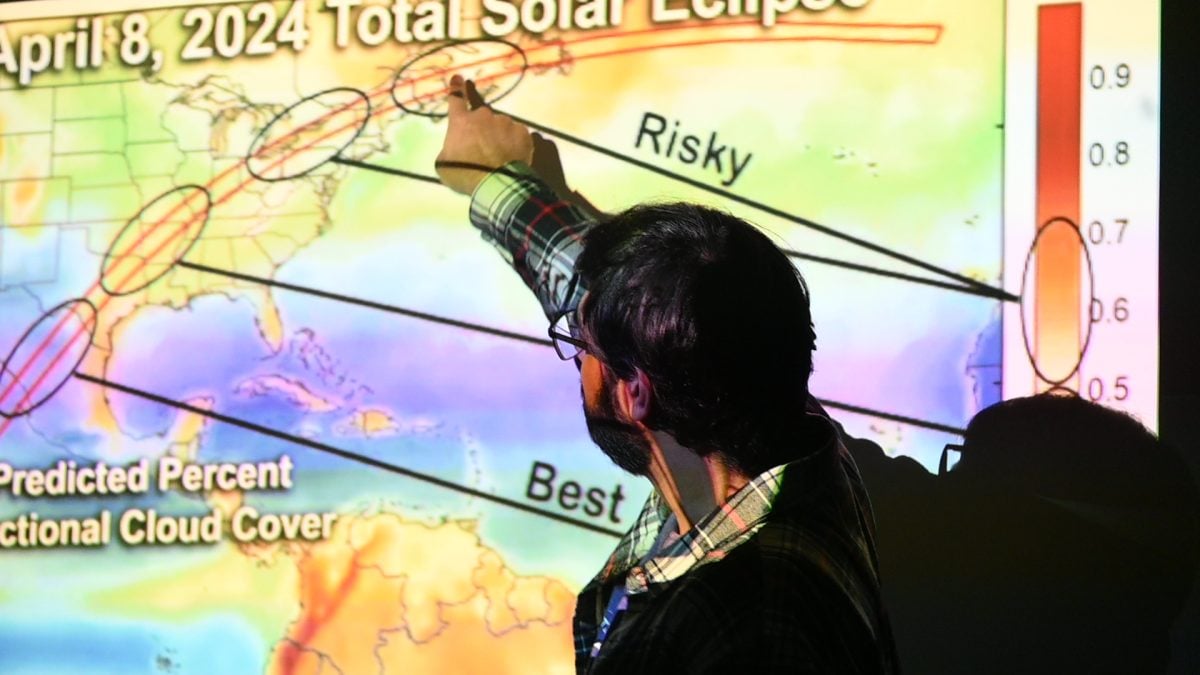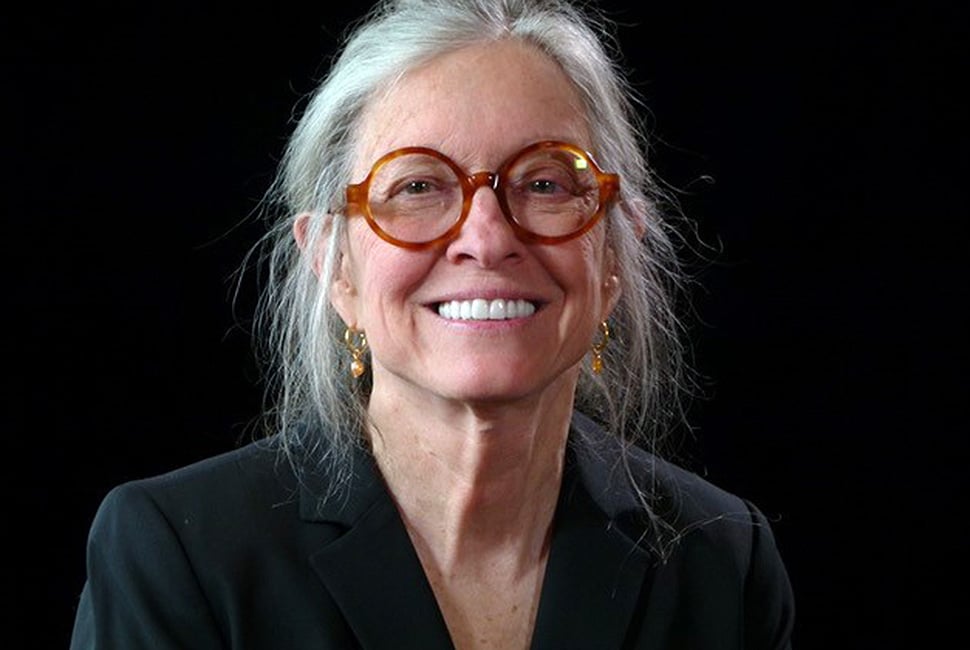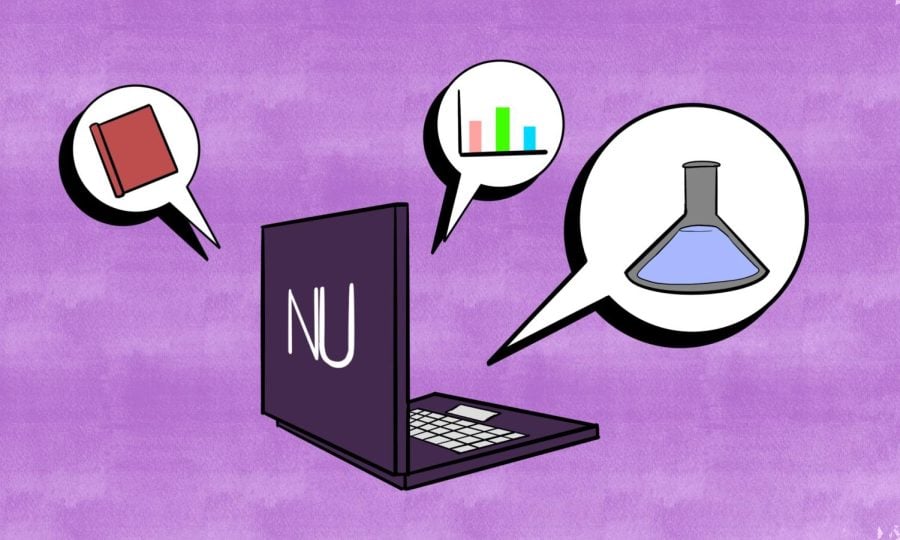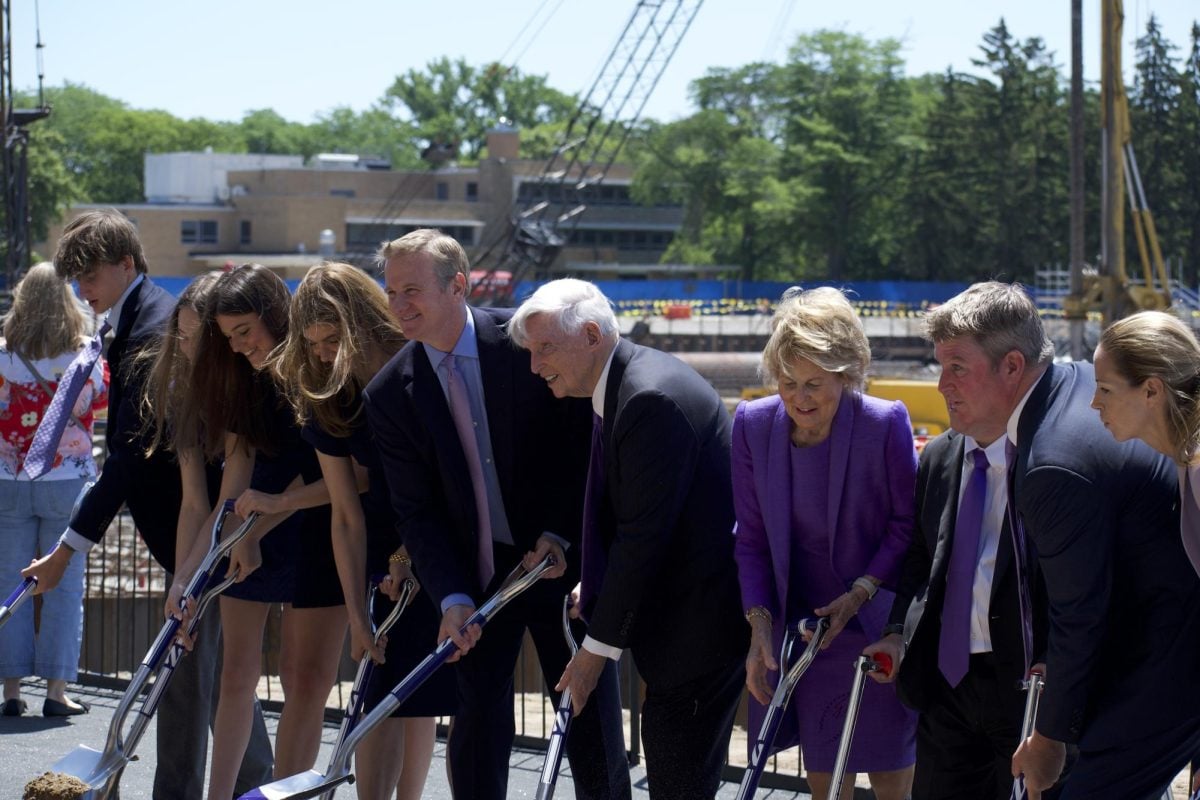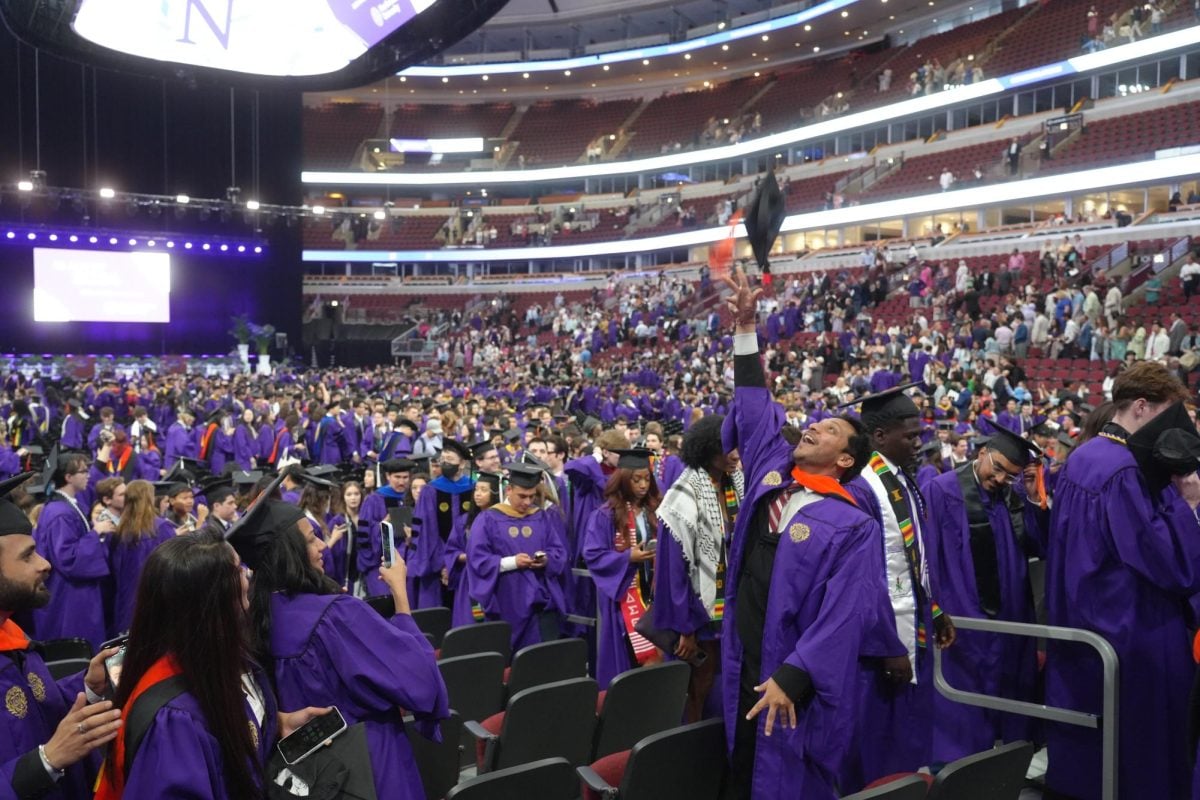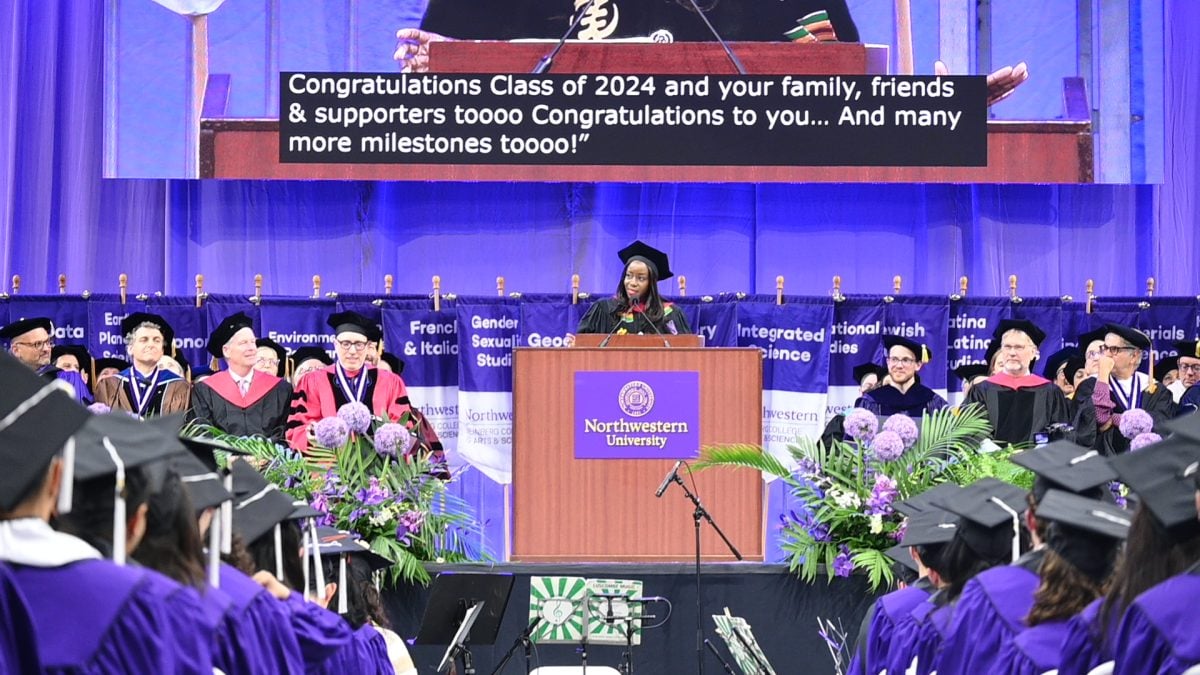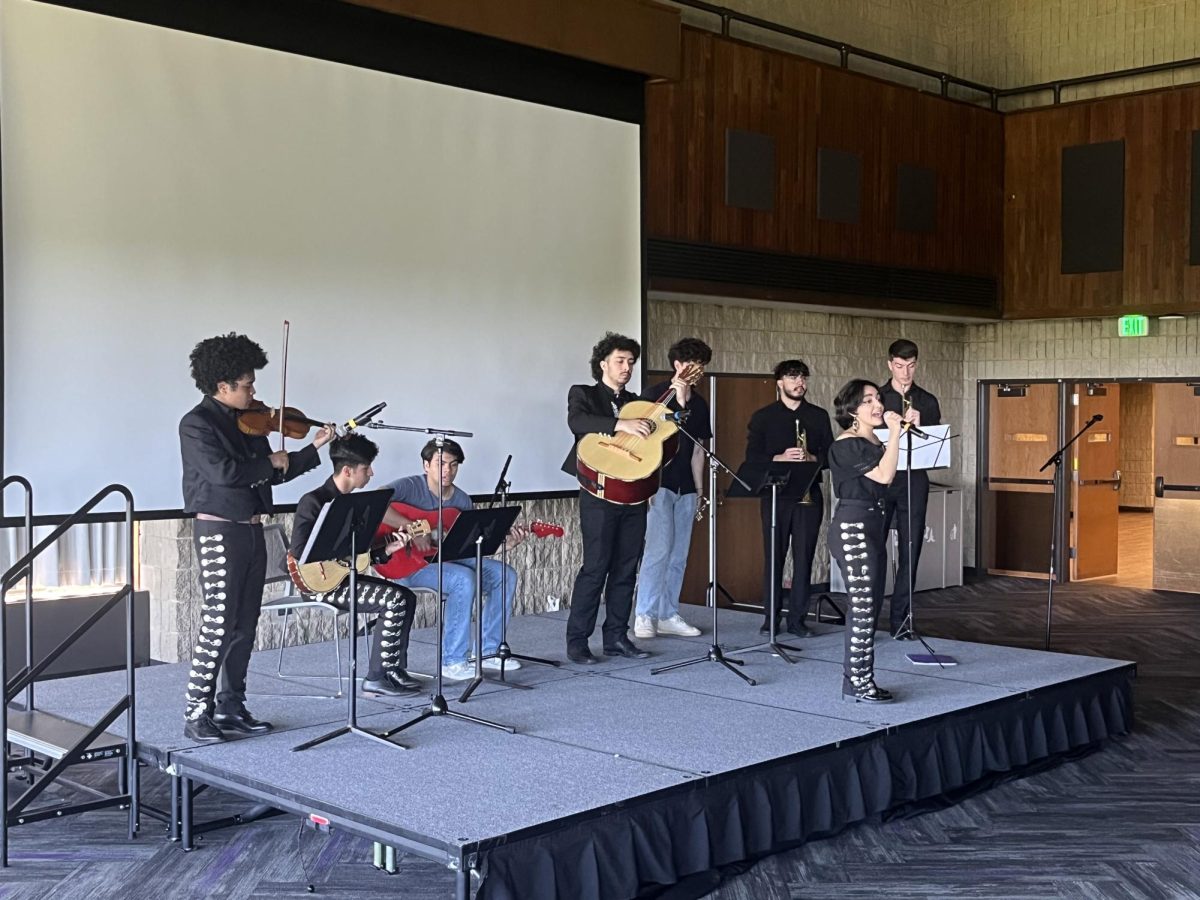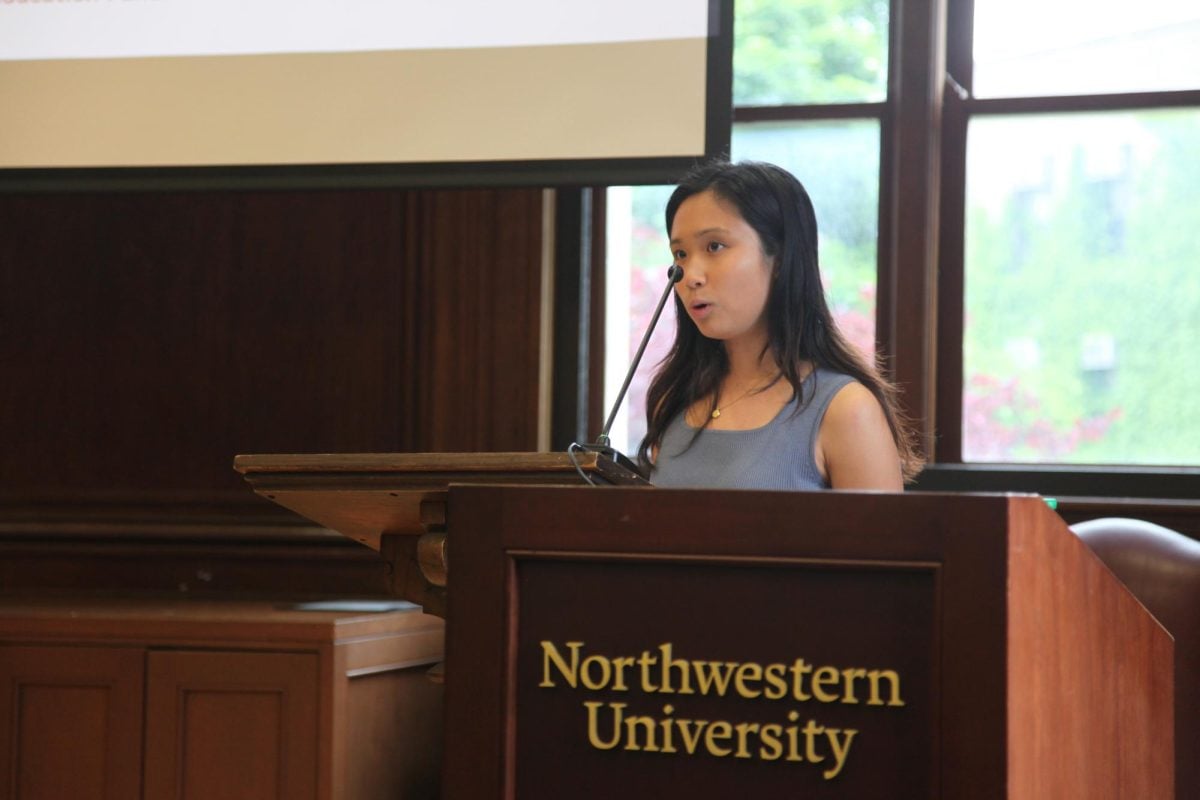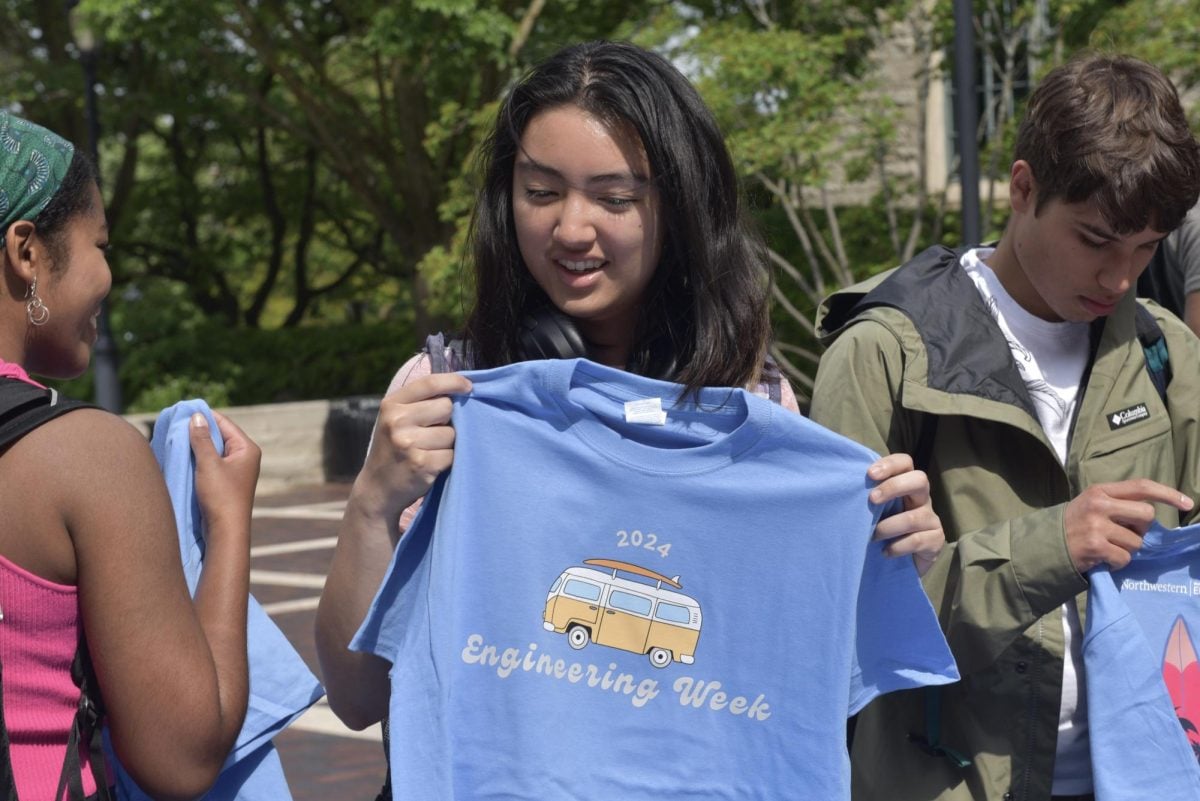Content warning: This article has mentions of sexual assault and violence.
Nadia Murad, a 2018 Nobel Peace Prize laureate, discussed the role of community and perseverance in social change during the capstone talk for the Global Engagement Summit on Saturday.
The student-run summit spanning from Wednesday to Sunday, brought together delegates from around the world, each working on projects promoting various social causes. Delegates attended programming like group workshops, individual mentoring sessions and speaker events.
Murad founded Nadia’s Initiative in 2018 to support communities affected by violence and survivors of sexual assault. The organization proposes “local solutions to local problems” in a “community-driven” approach to change, she said.
According to Murad, this approach enabled her organization to create sustainable solutions even when governments and other institutions did not support their work.
“You are building something for generations, and not just for a day or two,” she said.
Murad, a member of the Yazidi ethno-religious group, grew up in a village in northern Iraq that was invaded by the Islamic State group in 2014. IS began a systematic campaign to eradicate Yazidi people in what the United Nations has classified as a genocide.
Several months after being abducted and sold into sex slavery, Murad escaped from IS control. She said “silence was not an option” and began telling her story publicly, collecting evidence of the Islamic State group’s crimes for a UN investigative team and writing her 2018 memoir, “The Last Girl: My Story of Captivity, and My Fight Against the Islamic State.”
Murad said she has been telling the world about the IS’s acts of sexual violence so people don’t forget the group’s actions and become better equipped to prevent atrocities.
“When marginalized people are taking over and telling their stories … and find people supporting them, there is no way you will go back,” she said.
Weinberg sophomore Sanjana Shankar, a delegate representing the student organization Partners In Health Engage, said Murad’s talk gave a voice to “a lot of people who don’t have the opportunity to give a voice to themselves.”
Shankar works at PIHE to promote maternal health on campus and abroad. She said she was inspired by her peers at the summit and the speakers whose events she attended.
“Taking my inspiration and using that as momentum to propel my work forward with my student organization is going to be really imperative in the coming weeks,” Shankar said.
Starting in 2020, Murad oversaw the drafting of the Murad Code, which lists best practices for documenting survivor experiences of sexual violence.
Murad encouraged attendees to spread awareness and educate themselves on sexual violence prevention. She said justice systems must hold perpetrators of sexual violence accountable.
“We have to make sure that we don’t only focus on the military side of how to defeat these groups, but we need to bring them to the courtroom for the whole world to see what they have done,” she said.
GES prioritizes solutions developed alongside “the people that are disadvantaged in their own communities,” according to Weinberg senior and GES co-Director Asher Bank.
Bank said although the first summit took place in 2005, GES is continuing to rebound from the effects of the pandemic. Previous keynote speakers have included sociologist Janice Johnson Dias in 2023 and climate activist Ayana Elizabeth Johnson in 2022.
“We’ve proven this works, we’ve proven there’s a need for it, we’ve proven that people get something out of it,” Bank said.
Email: [email protected]
Related Stories:
— Nobel Prize winner Beatrice Fihn talks nuclear weapons
— Climate activist and policy expert Ayana Johnson kicks off GES
— Global Engagement Summit event to virtually return this weekend











